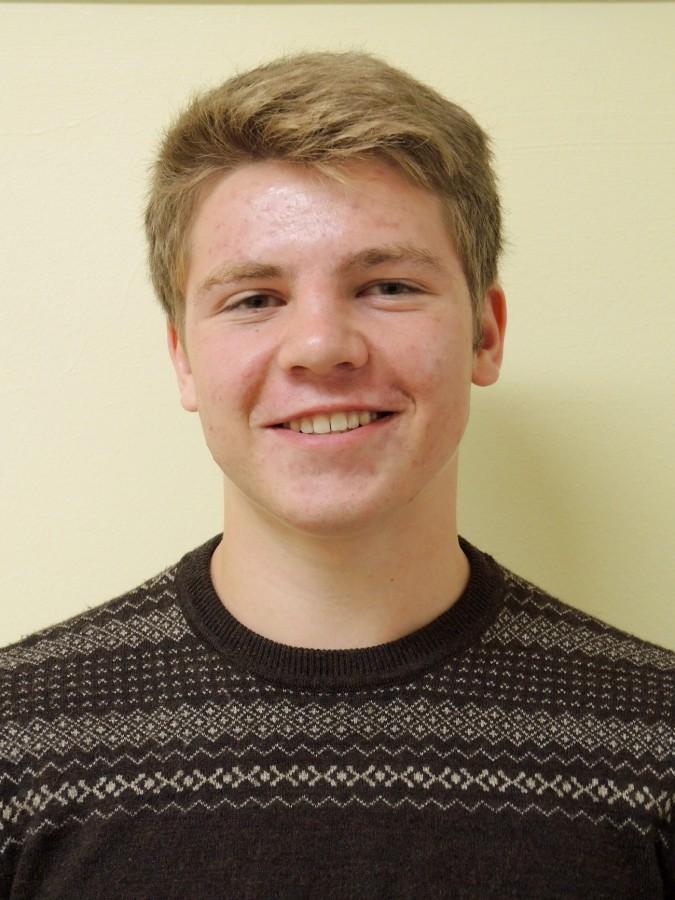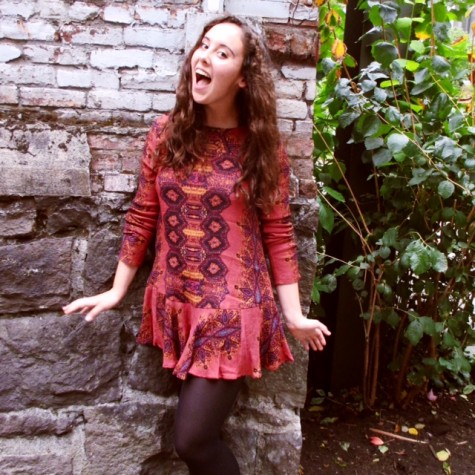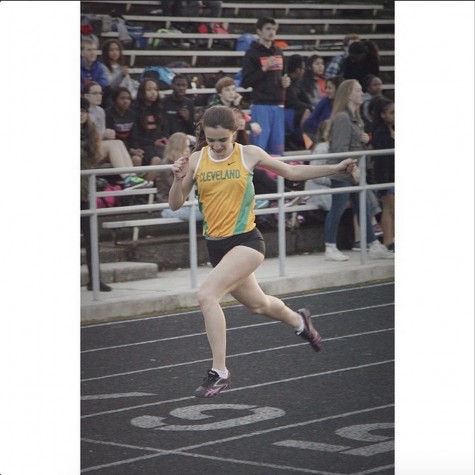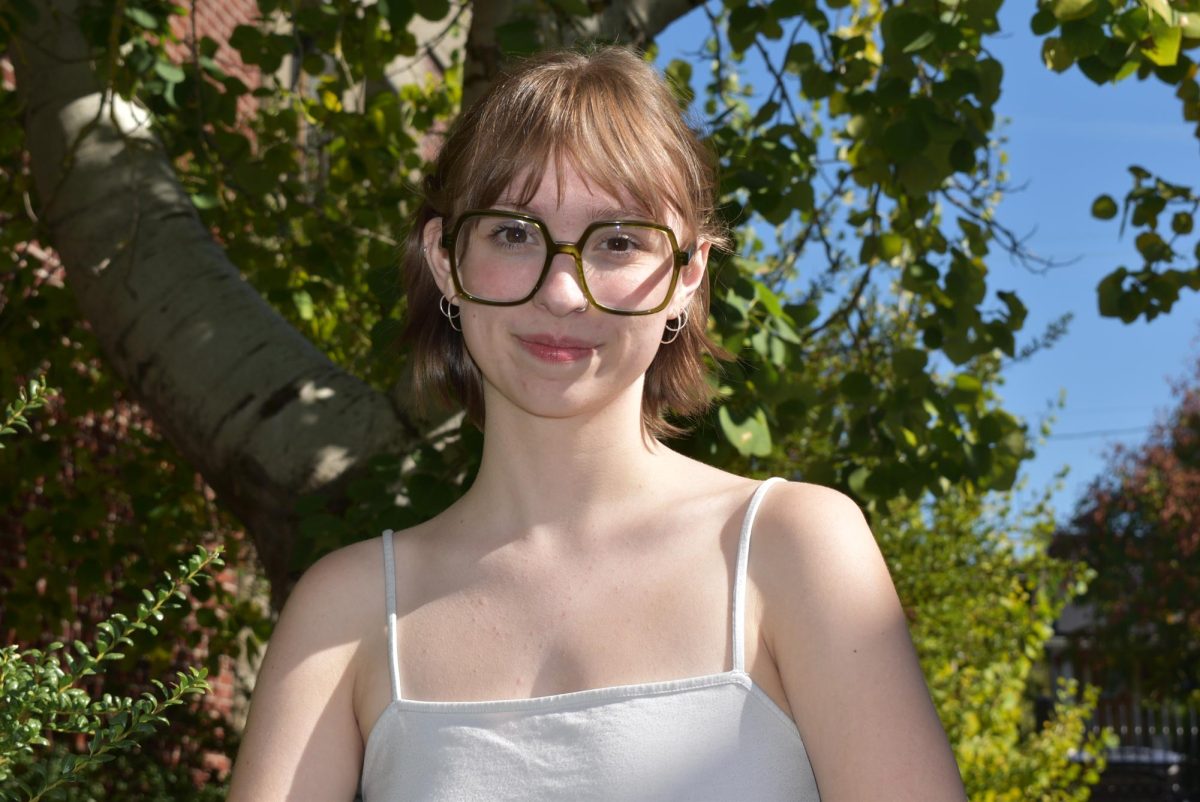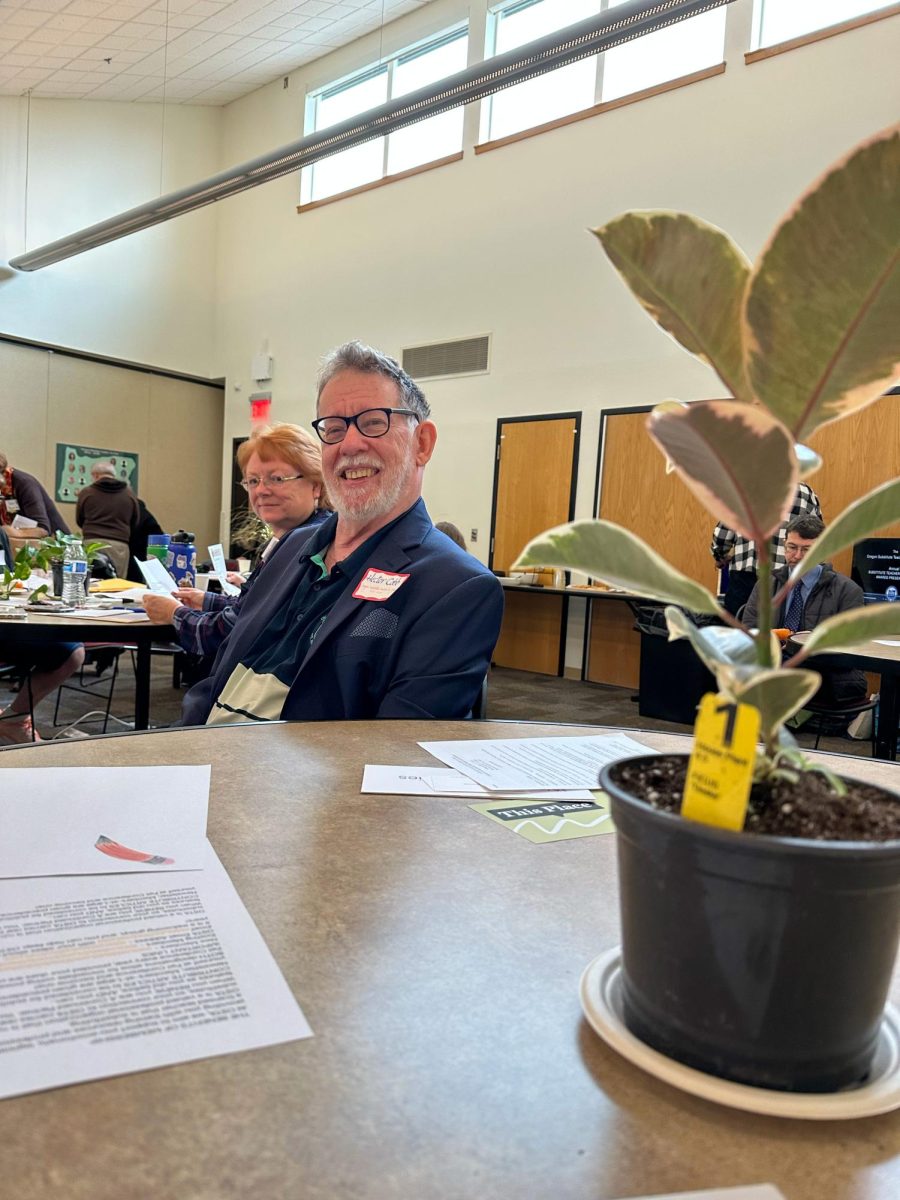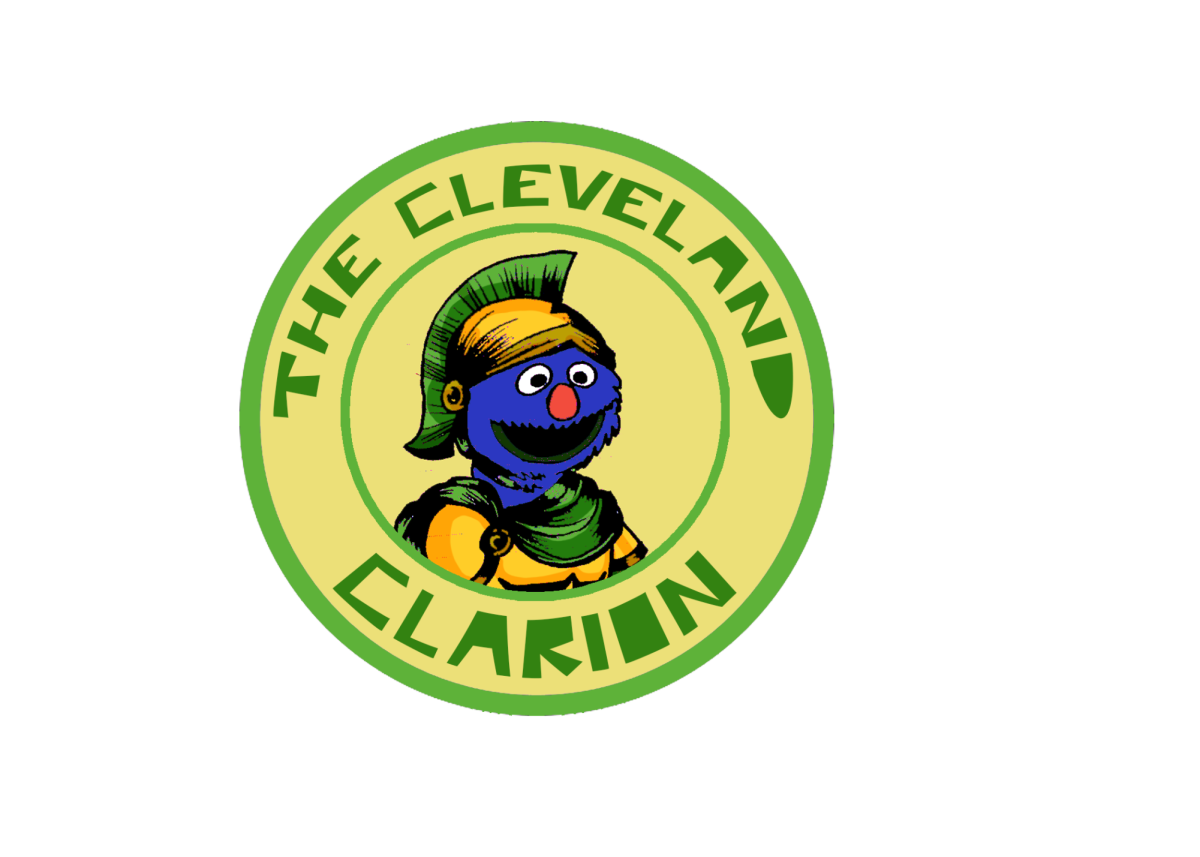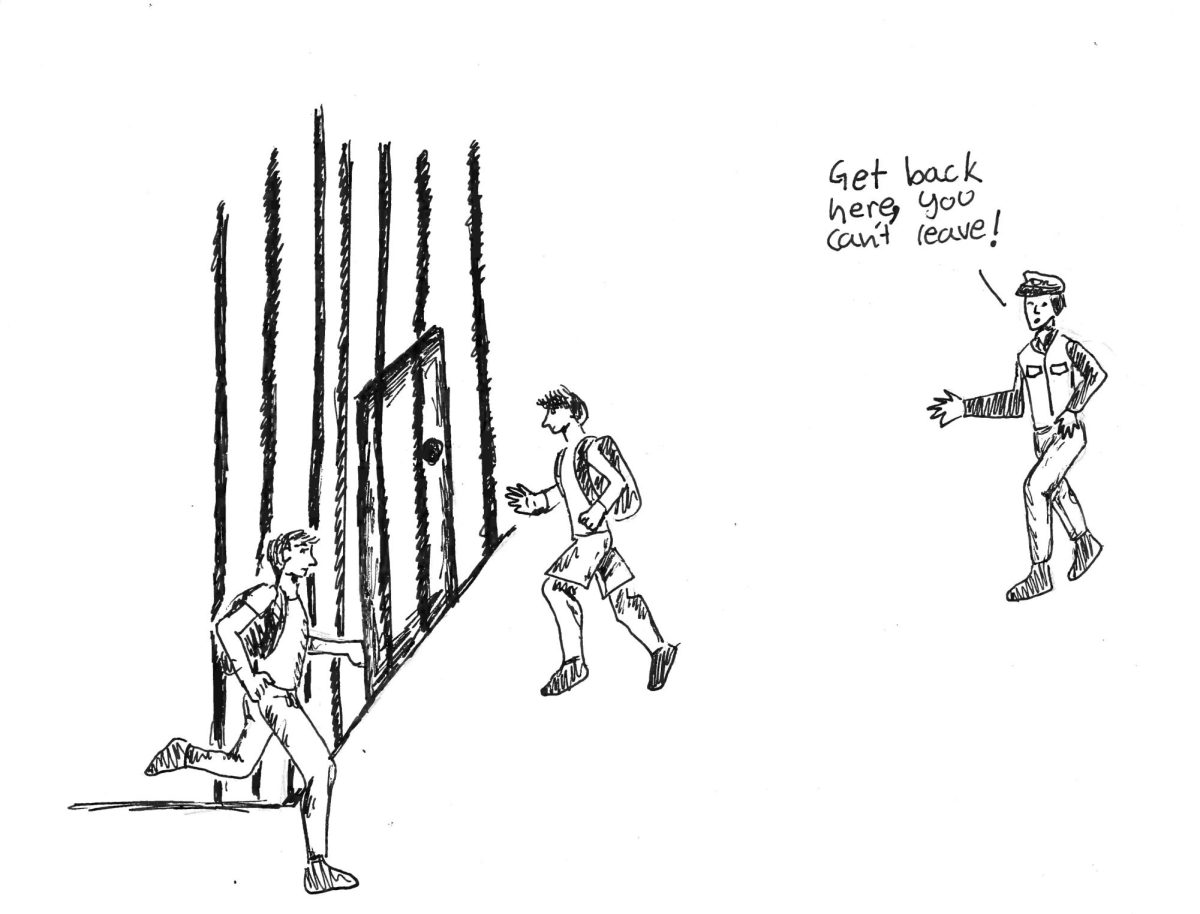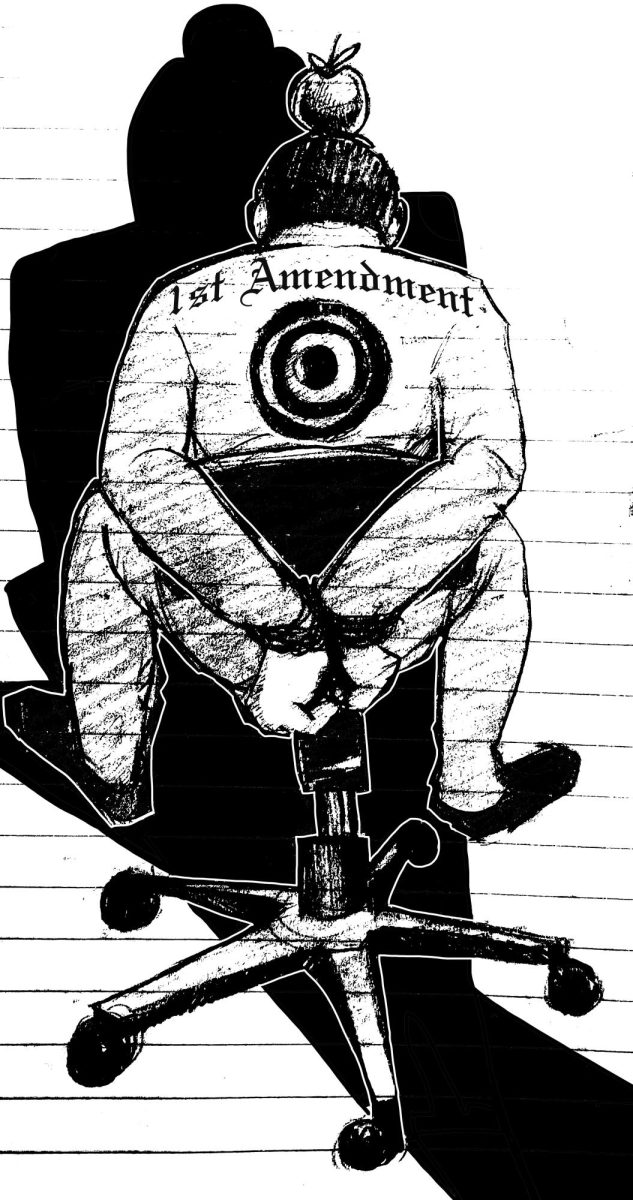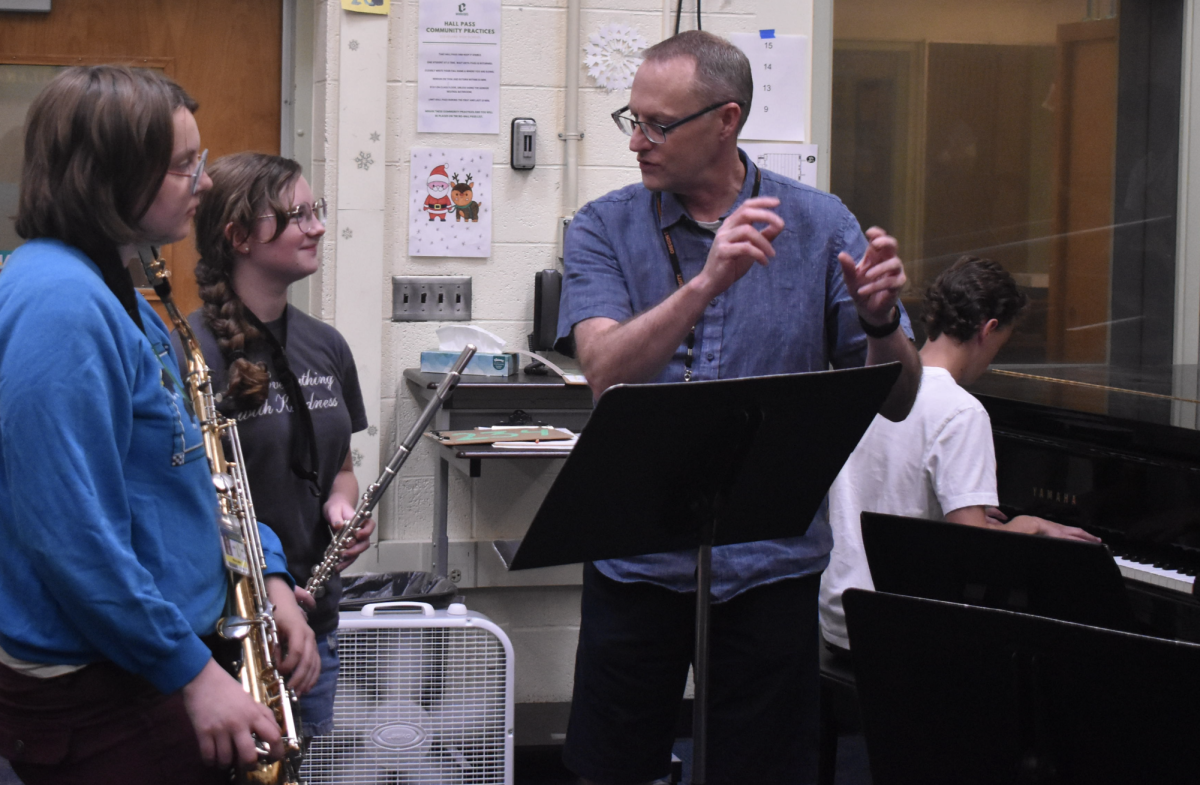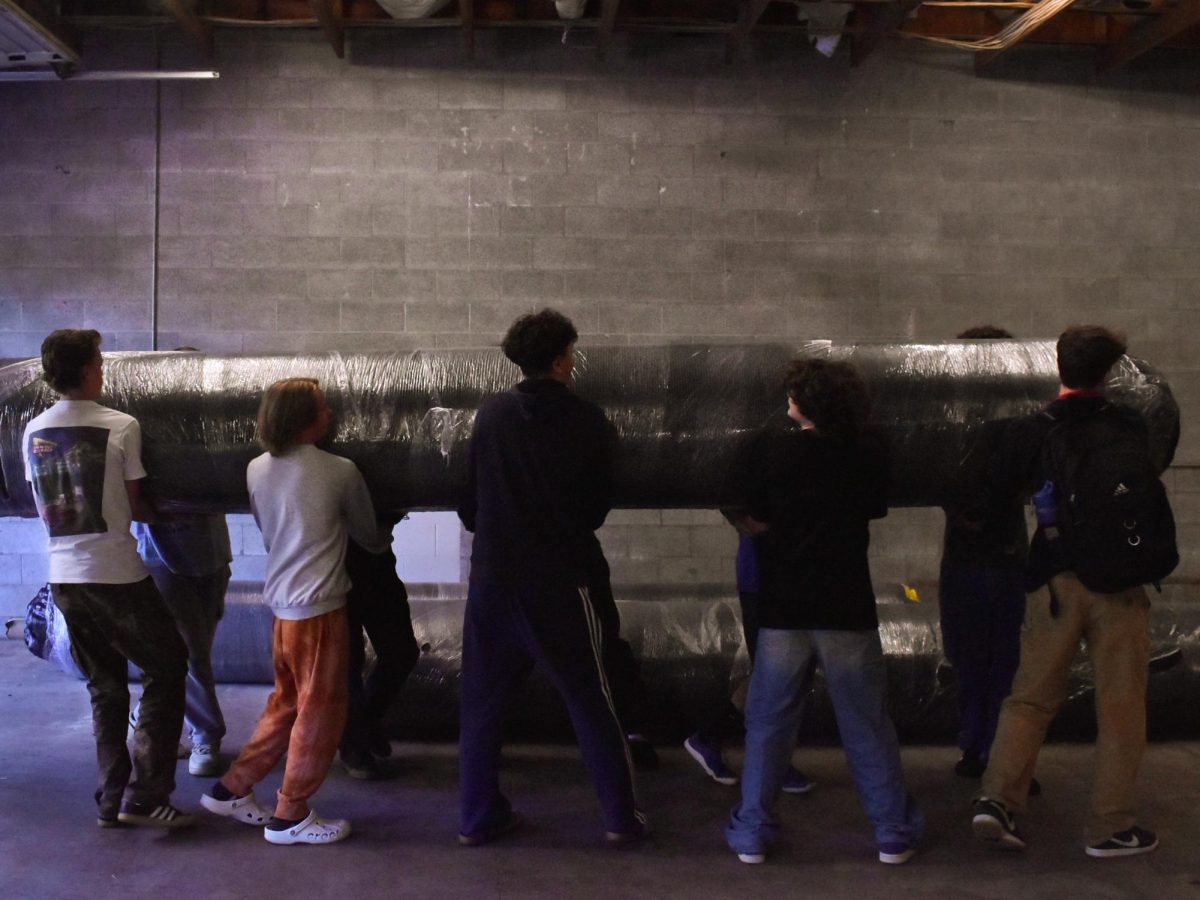In Focus: Warriors around the World
October 11, 2015
Willow Kelly – senior
Eight weeks in a rural community of 1500 in the Dominican Republic (AMIGOS)
“I fundraised (letter writing as well as grapefruit and tulip selling) for about nine months to go on my trip. Going in with only two years of Spanish was really nerve-wracking for me. My first day there I actually started crying because all these strange people surrounded me and I forgot everything in that moment and couldn’t remember any of my Spanish. At the very beginning it was so overwhelming; I really wanted to go home. I’d come to struggle through it and learn the language, but I felt like these people had opened their hearts and their homes to me and I couldn’t even communicate much with them, let alone offer them anything in return. My host family showed me it didn’t matter that I didn’t have anything to give them, they had so much to give me, that’s all they wanted to do. Having me in their lives meant enough to them. They could tell from the beginning that I didn’t speak much Spanish, and they were so incredibly patient with me. If I started to freak out a little because I wasn’t understanding anything they would always just give me a pat on the back and say: it’s ok, we love you, and we want you here. Them being so accepting, loving, and understanding to a stranger made a big impact on me. I felt loved, safe and wanted there.
There was a big tree in front of the house where I was living and we would lay down a foam mattress underneath and shake out a blanket on top. When it was 90 degrees and humid out we would sit on this blanket and my host mom would nurse her daughter and teach her son Spanish. He would ask me to pronounce the words and she would teach me what everything meant.
A funny memory is when they asked me if I wanted to wash in the river. I didn’t understand completely, so I went down to the river with them and suddenly they all stripped down naked and jumped in the water to wash themselves. They looked at me like “She really doesn’t know what’s going on, does she?” I had a good laugh and from then on that was my favorite spot on the river. For anyone interested in volunteer work abroad, I think AMIGOS is a wonderful way to get a hands on experience living and working with a community without feeling like you’re a rich, white American going in to help a community. You are there to work with the community, not do things for them; to collaborate and help organize. It’s a hard program to go into, but it’s a beautiful exchange where you get a hands on experience and challenge yourself in some of the most amazing ways possible.”
Richard Acuña – new teacher
Born and raised in Peru, has lived in the U.S. since 2004.
“This is my sixth year of teaching. Before coming to Cleveland, I taught in Woodburn and then at LEP, a charter school in Portland. Here I am teaching two IB Spanish classes and three periods of introductory 1-2. I like the desire of the kids at CHS to go to college and better themselves. It’s nice to see their readiness to learn. Being from Peru, I can share cultural aspects with my classes better because some things are not taught–they are just learned from growing up in another country. I am the only one in my family living in the U.S. My wife and I met when we were working for a non-profit organization back home. She was an international volunteer. We worked together as friends then took our relationship a step further and chose to get married. Deciding where to live, we agreed to move to U.S. for five years then go back. Now it’s been 11 years and we have four young girls, all born here. The two oldest have visited my Peruvian family twice. I think it was good for them to see their familial roots. My daughter was so proud that she ate guinea pig; a delicacy in Peru.
My background is in sociology. I studied it at a university in Peru for five years then studied teaching for three years at PSU after coming here. Studying sociology, I was able to really know my country, the different regions and cultures, and got the chance to live in the jungle. There are 20 different native languages spoken just in the jungle. I lived there, up north near the border with Ecuador, for two months right after I finished with peruvian university. We ate monkey, swam in the river–it was amazing. I was working for the government in a department called the Amazonas to help the native communities establish small businesses. They grew bananas and other agriculture but they were unable to transport them to markets, because the only way to get things from one place to another was by the river. We would provide them with boats and connections so they could provide for themselves.”
Dru Lechert-Kelly – senior
Two month cultural exchange in Costa Rica
“I lived with one family in San Jose up in the mountains for the first part of my trip, then went 11 hours south to an area that was 115 degrees every day and humid for the second month. I didn’t want to go on the trip in the beginning because I was afraid of missing friends, but I did want to have an independent cultural exchange. Once I was there my host mom really impacted me. I’ve grown up 18 years without a mom, so getting the opportunity to have someone like that was really special. She also made me realize how grateful I am to live in America. They are so jealous of what I take for granted. For example, running water, the ability to go to college… I make like 11 dollars an hour when she makes only about a dollar. She’s a single mom of four. It was hard to watch.
The experience made me realize a lot of things about myself. It opened my eyes to what life should be like. After living with a religious family I kind of believe in God now, or believe in something, anyway. I learned how to be alone as well, because my second month the family didn’t speak any of my language and weren’t as engaged with me. I had to go long periods of time without talking to many people. This prompted me to learn how to play the guitar and be more appreciative of what I have back home.
My advice to other students is to go for it and take a trip. You’re not going to miss anything here. You might think you’ll miss all your friends and look at what they’re doing on social media, but you’re not really missing anything. It’s important to find out who you are in high school. Out in the real world some people have it real bad and you have to be appreciative of what you have here.”
Lizzie Edwards – junior
One month working in Ecuador (VISIONS)
“We stayed in a little town in the Andes in the center of a small community. Every day you’d either be on homebase crew (where you stay home, cook, help around camp, etc) or on work crews where you’d work from 8-3:30 p.m., then come back and have a little free time or cultural immersion activities in the afternoon. At night, our group of 12 either had a circle activity or played soccer with the locals. Circle involved sitting together to discuss the things we were experiencing. We were supposed to really look at ourselves, how we’d grown and how we could still improve, qualities we wanted to build on. All of us felt very close to each other by the end of the trip.
I really loved working with the local children. I helped a family who owned a restaurant and worked at a daycare. Playing with them was so much fun. When we would pass by they would look out and call out to us. When I was coming back from a painting project at the local school the children from the family I stayed with yelled my name and were really excited to see us. It felt great to know they remembered me. I got to make real connections with the community members and share about the differences of our lives. It felt like a genuine connection rather than something superficial.
I’d say if you have the opportunity to go abroad, take it. Try to go past the teen travel tours and find something where you really get to make a difference in a community. This was my second time volunteering through VISIONS. The summer of freshman year I went to Cambodia. I discovered so many new things about myself from these trips, it’s been amazing.”
Gina Johnson – French Teacher
Where did you go and for how long?
I left on a study leave for a year with my family to a village of 2,000 people in the South of France. It was fabulous. It was an amazing year. It was restful but also educational because I got to speak French every day and live in the French culture. And I need to go back. It was nice because I was able to explain to the French people what it is to be American, and it was a lot of stereotypes and I think being there and living there helps them to see a different point of view. It helps them grow too.
What was the village called?
Aniane. It’s about 40 minutes from the Mediterranean, so we did a lot of traveling. Their school year is divided, so after six weeks, there’s a two week vacation. So there’s four two-week vacations throughout the school year. So every two weeks we went somewhere. We went to Italy, we went to Spain for two weeks, we went to Paris, and a lot of visiting just in France. We loved the castles.
What was the most educational thing?/Why are you glad you went?
To improve my French and vocabulary, just to get more practice at a higher level because speaking always with students lowers the level of proficiency for me. So it was good to get back and speak at a quicker pace and just to learn more vocabulary. And also culturally, I hadn’t lived there for at least 15 years. So culturally things have changed, and some things haven’t so it was good to verify those changes and be able to teach my students those things.
What’s your favorite memory of being in France?
This time of year, last year, we were living near a bunch of vineyards and so I would ride my bike in the morning after the kids were in school through the vineyards and all the farmers were harvesting so you could smell the grapes. And every castle we went to and you would look out and imagine what it was like in medieval times.
Kenny Roberts – senior
Where did you go this summer/What did you do?
I went to Germany to do an internship with Zeiss Meditec, so if you’re in the hospital business you probably know them. They’re an optics company who make surgical microscopes. The big conglomerate is Zeiss AG and I went there because my family’s German. My uncle actually got me in and he lives near there so I could just stay with him. So I had a living arrangement which is really important. I did it for three weeks. It was 35 hours a week so it was almost a full-time job. Reasons why I went there? A couple things. It’s kind of cool to learn about since I want to study engineering–it’s a research and development department so I thought that would be cool to learn about. I also wanted to improve my German. My mom says I’m, “fluent but not correct.”
What did you do at your internship?
I’m an American, and I was the youngest intern by five years because high-schoolers in Germany weren’t off their school year yet. I did what I could. They set me up with a computer station. I worked with another intern who was a physics major, so she did a lot of measurements and I worked with her a lot on the more menial stuff that she understood, so I worked a lot with her helping her out. I helped organize the laboratory. Other than that, I did a little bit of typing, figuring out some math stuff. You’re there to learn, I definitely learned a lot. I almost learned more about Germany and German culture and German work culture than I did about the whole engineering department. They’re both good and they’re both why I went there, almost more so to learn German.
Would you do it again?
If I had more German under my belt and a year of college, I would definitely do it again because I could be a lot more involved in what they were doing. I would recommend it to somebody just because it’s really nice to go to where everything is new. I think you’ll get this from anyone who did an exchange program. You don’t really know yourself until everything around you is changed, would be my take on it. I had to learn about the German train and bus system, and I didn’t know anyone except my uncle and my aunt. I thought it was really cool.
What’s your favorite memory?
From the internship? Probably hanging out with the other interns because they were college students and they were all really cool. Every Wednesday we would have an intern lunch, and they had a really nice cafeteria with really nice food.



